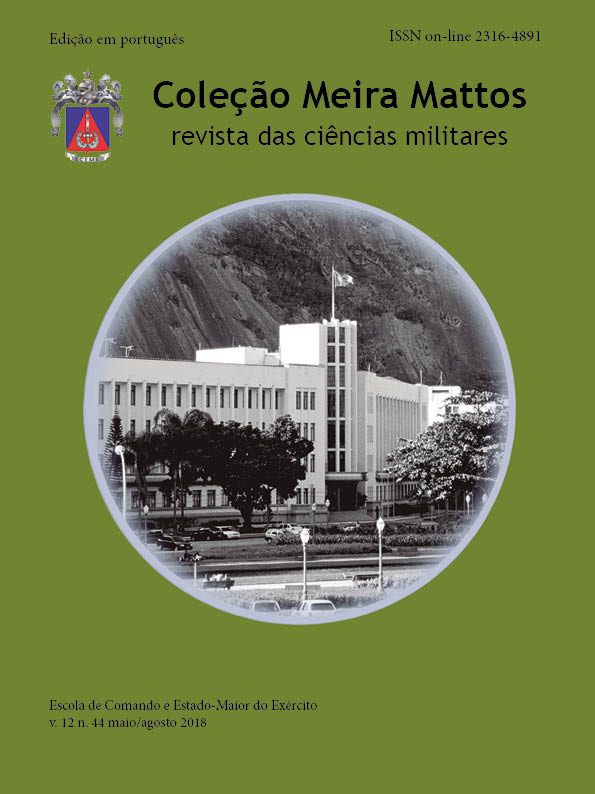A política brasileira de prevenção e combate ao terrorismo no contexto dos desafios contemporâneos à segurança internacional
##plugins.themes.bootstrap3.article.main##
Resumo
O presente artigo pondera de que forma o Brasil lida com o terrorismo, dado que até o presente, o país não se caracteriza como alvo de ataques dessa natureza. Tal análise se faz especialmente relevante em um momento em que o país ganhou maior visibilidade como sede de grandes jogos e, mais recentemente, com a decisão de enviar tropas terrestres para o Líbano. O artigo apresenta a política brasileira de combate e prevenção ao terrorismo, desde as posições do governo diante de tratados internacionais que versam sobre o tema, até a criação de órgãos especializados neste tipo de violência. Particularmente, o artigo apresenta a recém-aprovada Lei Ordinária 13.260/2016, que tipifica o terrorismo e prevê punições específicas para apoiadores e executores de atos terroristas. A sua tramitação e aprovação esteve cercada de diferentes posicionamentos, aos quais também pretende-se lançar luz, problematizando a necessidade de o Brasil ter uma lei específica que verse sobre o tema.
Downloads
##plugins.themes.bootstrap3.article.details##

This work is licensed under a Creative Commons Attribution-NonCommercial-ShareAlike 4.0 International License.
A Coleção Meira Mattos (CMM) está licenciada:
A partir de 2019 sob as condições do Creative Commons (CC BY 4.0)
Até 2018 sob as condições do Creative Commons (CC BY-NC-SA 4.0)
As licenças estão informadas na página de acesso do artigo e detalhadas na página Direitos Autorias desta publicação.
Copyright: O autores são os detentores do Copyright, sem restrições, de seus artigos.
Aviso
Para qualquer reutilização ou distribuição, você deve deixar claro a terceiros os termos da licença a que se encontra submetida esta obra.

